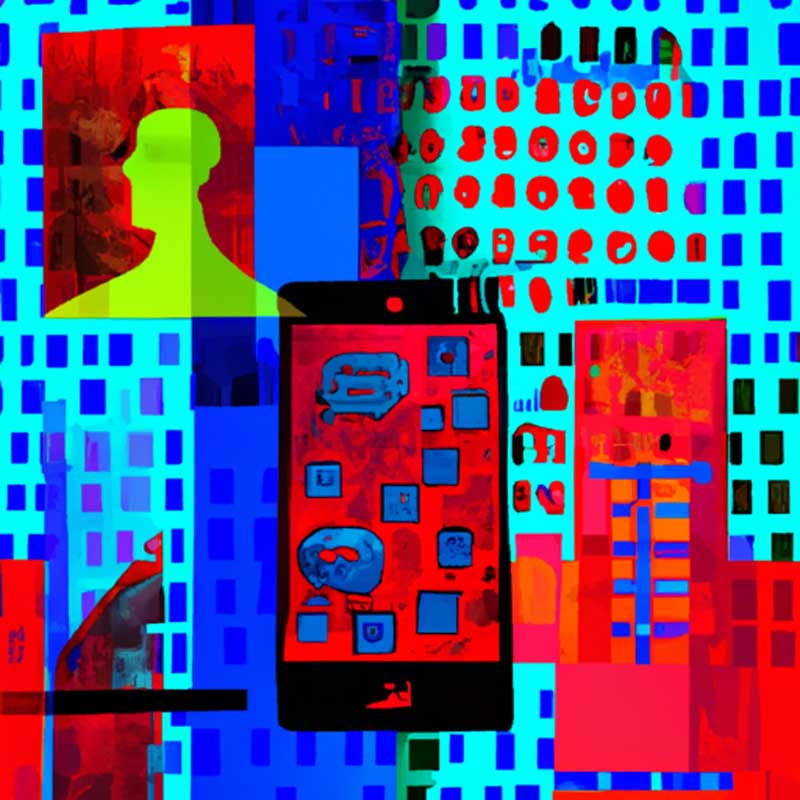• Large AI models can now create and train smaller AI tools without human assistance, according to scientists from MIT, several University of California campuses, and AI technology company Aizip.
• These smaller AI models, known as Tiny Machine Learning (TinyML), can perform specific tasks such as facial recognition, hearing aid devices, and home appliances. They are very low-cost solutions and can be implemented in everyday life, making it safer.
The cutting-edge of artificial intelligence has reached a point where larger models can create and instruct smaller AI tools without any human intervention. “Right now, we’re using bigger models to build the smaller models, like a bigger brother helping [its smaller] brother to improve. That’s the first step towards a bigger job of self-evolving AI,” stated Yan Sun, CEO of Aizip.
This advancement paves the way for AI models to build and develop other AI models, marking a significant stride forward in the AI sector. As researcher Yubei Chen explained, “Our technology is a breakthrough in the sense that for the first time, we have designed a fully automated pipeline” capable of designing an AI model without human input.
While operating large language models such as ChatGPT could cost up to $700,000 per day, smaller models, commonly referred to as TinyML, are considerably cheaper to run and are easily portable. These models have applications in a wide array of sectors, including facial recognition, hearing aids, and home appliances—use cases that can be universally applied worldwide without exorbitant cost amounts.
Despite this achievement, the AI team insists they have only scratched the surface of what is possible, stressing that the future of AI lies in both small and large AI models working together to build a comprehensive intelligence ecosystem. The recent ventures into compact but powerful AI models by companies like Microsoft, which has partnered with OpenAI, highlight the potential that this technology holds.
Aizip’s approach of utilizing larger AI models to create smaller, task-specific AI models is a game-changer, not only in terms of cost but also in terms of accessibility and applicability in daily life. It brings new possibilities for the incorporation of AI tech into various components of our increasingly digitized world.
